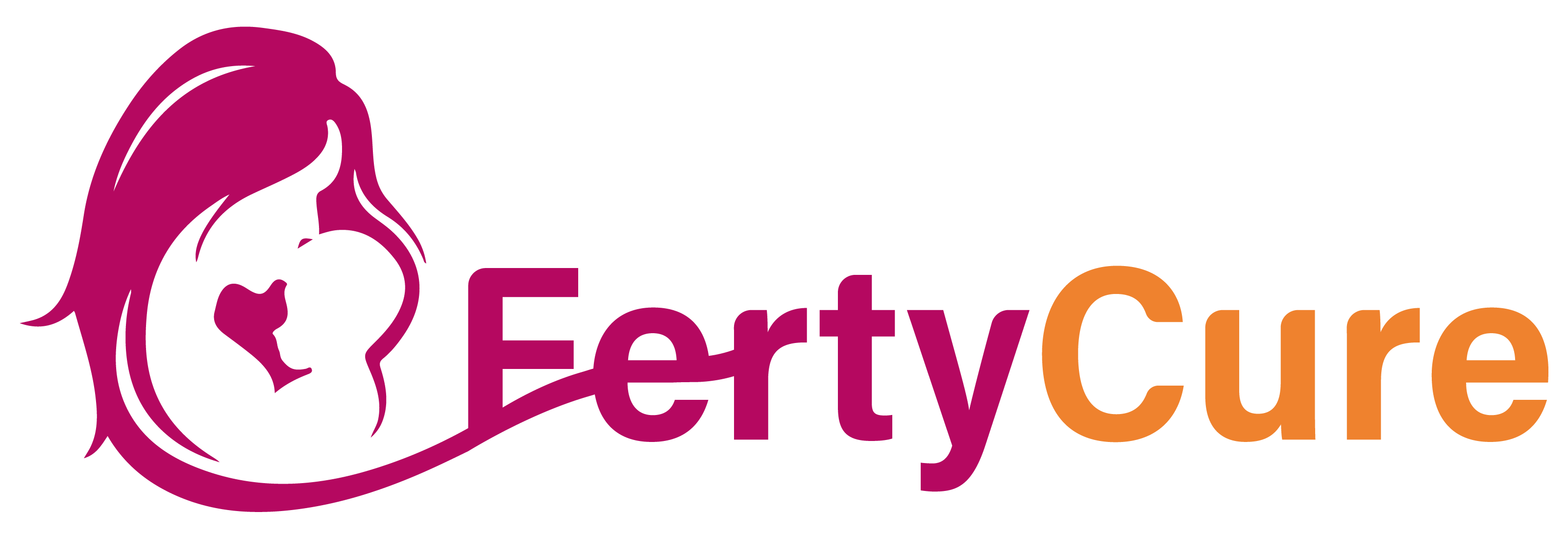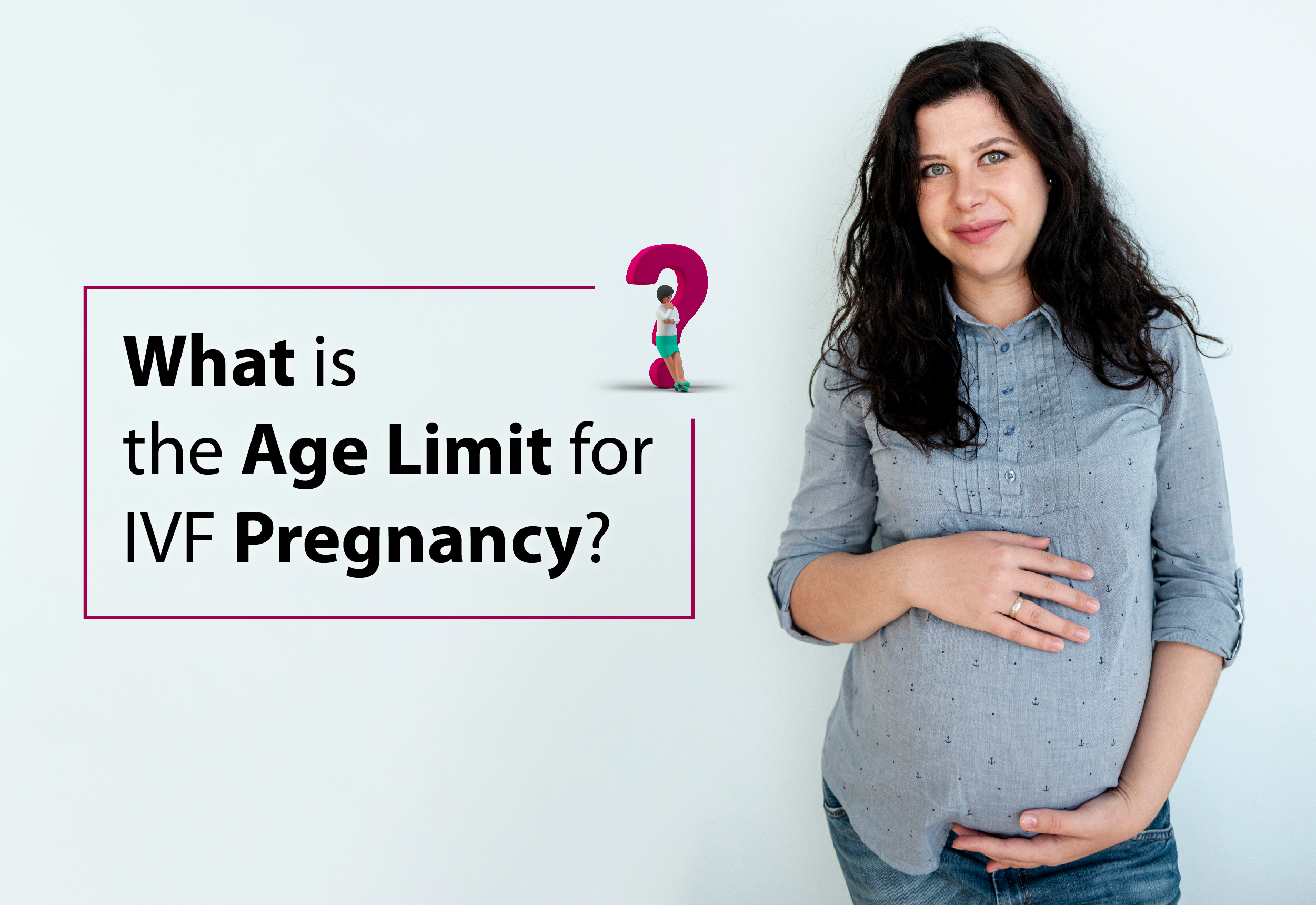What is the Age Limit for IVF Pregnancy?
In Vitro Fertilization (IVF) is the possibilities for individuals and couples facing infertility. As this technology has advanced, questions regarding its accessibility and success across different age groups have become increasingly pertinent. One common question is, “What is the age limit for IVF pregnancy?
Must Read: Female Infertility Treatment in India
Table of Contents
Understanding the Age Limit for IVF Pregnancy
- Biological Factors: Age is a crucial determinant in the success of IVF treatments due to its impact on egg quality and quantity. Women are born with a finite number of eggs, and both the number and quality of these eggs decline with age. This decline accelerates after the age of 35, leading to reduced fertility and higher chances of chromosomal abnormalities.
- Age Limits in Different Regions: The age limit for IVF treatments varies by country and even by clinic within a country. In many Western countries, the recommended upper age limit for women using their own eggs is typically around 42-45 years. However, with donor eggs, this limit can extend into the early 50s.
- IVF Centres in India: India has become a hub for IVF treatments, attracting patients from around the world due to its advanced medical technology, skilled specialists, and cost-effective treatments. Many IVF centres in India do not have a strict upper age limit, although they may advise caution and thorough medical evaluation for women above 45 years of age.
Must Read: Male Infertility Treatment in Delhi, India
Factors Influencing IVF Success Rates by Age
- Egg Quality and Quantity: As mentioned, both the quality and quantity of a woman’s eggs decline with age. Women under 35 have a higher success rate with IVF because their eggs are healthier and more in number.
- Sperm Quality: While male fertility also declines with age, it does so more gradually. However, the age of the male partner can still impact the success of IVF, particularly when combined with female age-related factors.
- Health and Lifestyle: Overall health and lifestyle choices, such as maintaining a healthy weight, not smoking, and managing chronic conditions, significantly influence IVF success rates at any age.
- Use of Donor Eggs: For older women, using donor eggs from younger women can significantly increase the chances of a successful pregnancy. This option is often recommended for women over 40.
Age-Related Success Rates
- Women Under 35: Women under 35 have the highest IVF success rates, often between 40-50% per cycle. This age group benefits from both a higher quantity and quality of eggs.
- Women Aged 35-40: Success rates for women aged 35-40 decline to around 30-40% per cycle. The decline in egg quality and increased risk of genetic abnormalities contribute to this reduction.
- Women Over 40: For women over 40, success rates drop significantly to around 10-20% per cycle with their own eggs. The use of donor eggs can raise these rates to 50-60%.
- Women Over 45: IVF success rates for women over 45 using their own eggs are very low, often less than 5%. However, with donor eggs, success rates can be comparable to those in younger women.
Considerations for Older Women Seeking IVF
- Thorough Medical Evaluation:Older women considering IVF should undergo a comprehensive medical evaluation to assess their overall health, ovarian reserve, and the potential risks associated with pregnancy at an advanced age.
- Counseling and Support:Psychological and emotional support is crucial, as the stress and disappointment associated with fertility treatments can be challenging. Many IVF centres in India provides counseling services to help patients for their emotional changes.
- Exploring All Options:For women over 40, it’s important to explore all available options, including the use of donor eggs, to maximize the chances of a successful pregnancy. Consulting with a specialist can provide better clarity and guidance.
Conclusion
Understanding the age limit for IVF pregnancy involves recognizing the biological, medical, and personal factors at play. While age does impact the success rates of IVF treatments, advancements in medical technology and the availability of donor eggs have made it possible for older women to achieve successful pregnancies. IVF centres in India, known for their expertise and comprehensive care, provide viable options for women of various age groups seeking fertility solutions.
By staying informed and consulting with experienced fertility specialists, women can make empowered decisions about their reproductive health. Whether you are considering IVF in your 30s, 40s, or even beyond, understanding the intricacies of age-related factors and exploring all available options can help you on your journey to parenthood.
FAQs
Q1: Is there an official age limit for IVF treatment at IVF centres in India?
While there is no official age limit for IVF treatment in India, most clinics recommend a thorough medical evaluation for women over 45. The use of donor eggs is often advised for women above this age to increase the chances of success.
Q2: How does the success rate of IVF change with age?
The success rate of IVF declines with age due to the decrease in both the quantity and quality of a woman’s eggs. Women under 35 have success rates around 40-50% per cycle, while women over 40 have success rates of 10-20% per cycle with their own eggs. Using donor eggs can significantly increase these rates.
Q3: Can older women use their own eggs for IVF, or is donor egg usage the only option?
Older women can use their own eggs for IVF, but the success rates are considerably lower due to age-related declines in egg quality and quantity. For women over 40, and especially those over 45, using donor eggs is often recommended to improve the chances of a successful pregnancy.
Conclusion
IVF treatment in India offers Tanzanian patients a viable and affordable solution to infertility. With advanced technology, experienced specialists, and comprehensive care, Indian fertility clinics are well-equipped to help couples achieve their dream of parenthood. Patients can expect world-class treatment tailored to their unique needs, making India a beacon of hope for Tanzanian couples facing fertility challenges.
By choosing to undergo IVF treatment in India, Tanzanian patients not only gain access to top-notch medical care but also benefit from the supportive environment that Indian clinics provide. The journey may be challenging, but with the right guidance and care, it can lead to the ultimate joy of welcoming a new life into the world.

